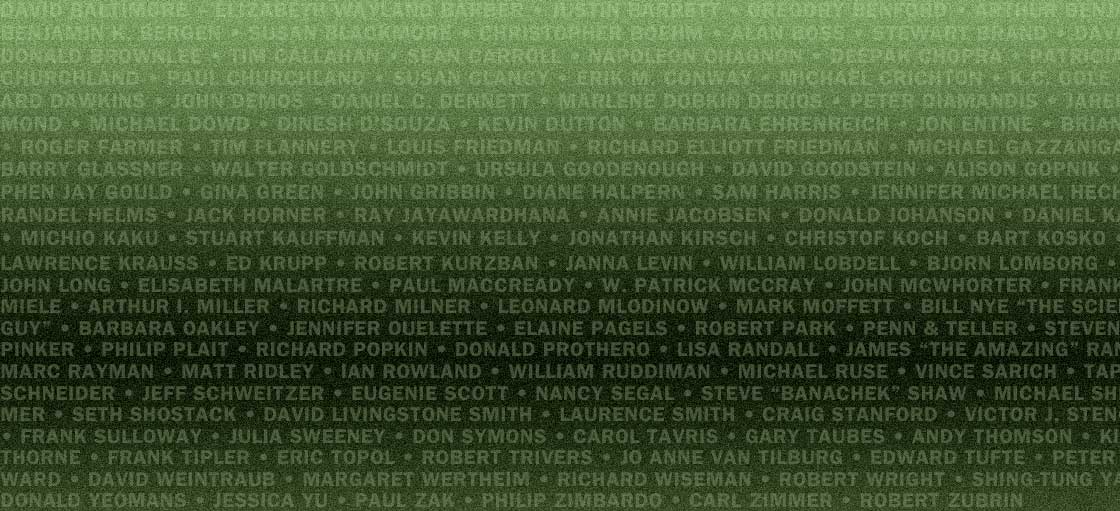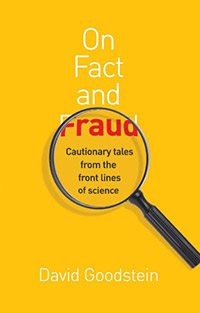FRAUD IN SCIENCE is not as easy to identify as one might think. When accusations of scientific misconduct occur, truth can often be elusive, and the cause of a scientist’s ethical misstep isn’t always clear. In his lecture based on his new book, On Fact and Fraud, Caltech physicist David Goodstein looks at actual cases in which fraud was committed or alleged, explaining what constitutes scientific misconduct and what doesn’t, and outlines some ethical foundations needed to discern and avoid fraud wherever it may arise. As Caltech Vice Provost he was responsible for investigating all allegations of scientific misconduct, so he has much experience in this matter. Cases include those of Robert A. Millikan, whose historic measurement of the electron’s charge has been maligned by accusations of fraud; Martin Fleischmann and Stanley Pons and their “discovery” of cold fusion; Victor Ninov and the supposed discovery of element 118; Jan Hendrik Schön from Bell Labs and his work in semiconductors; and J. Georg Bednorz and Karl Müller’s discovery of high-temperature superconductivity, a seemingly impossible accomplishment that turned out to be real. Along the way Goodstein offers valuable insights into how modern science is practiced.
Book signing to follow lecture.












